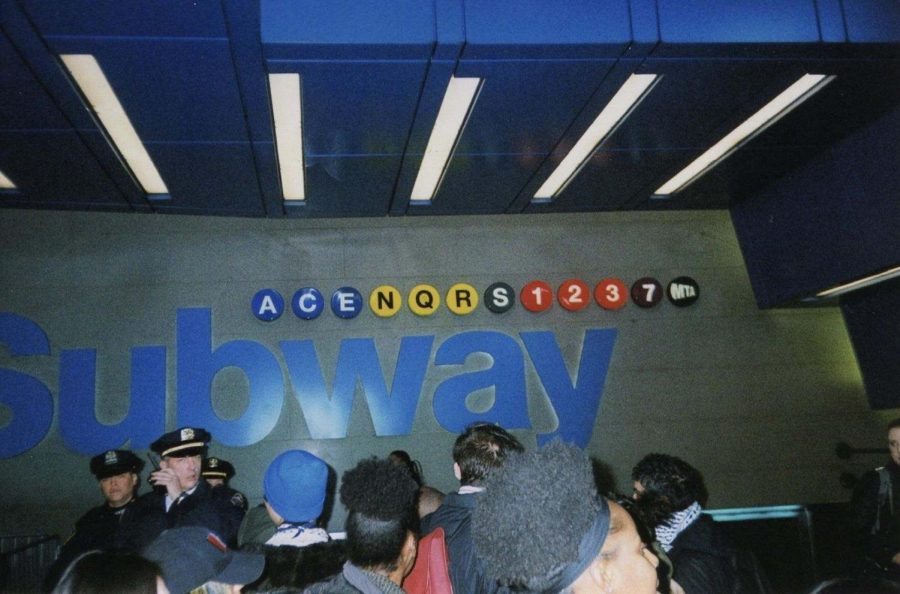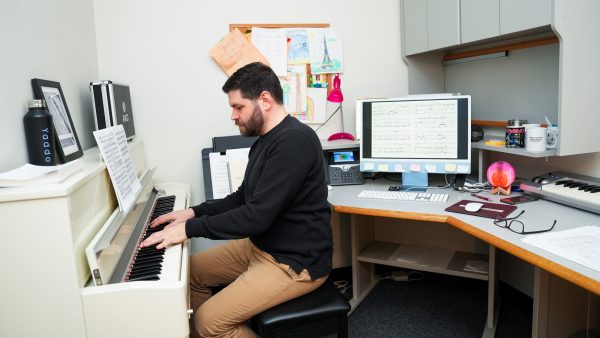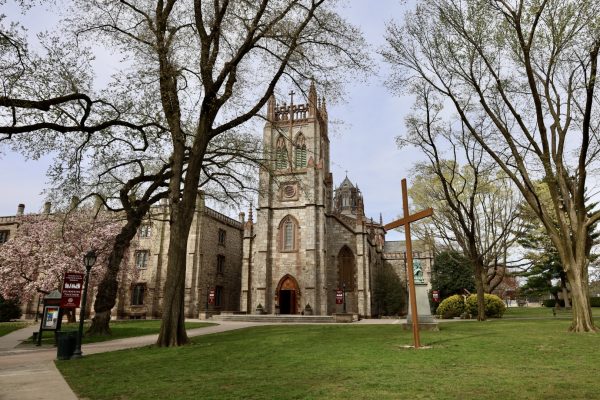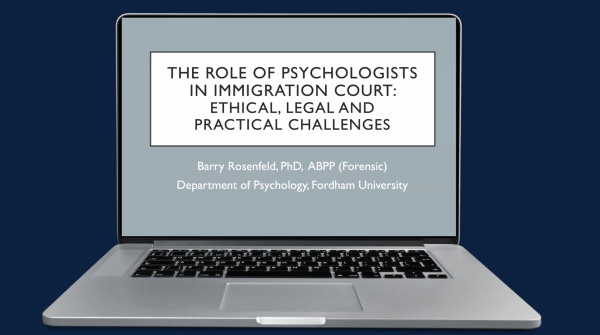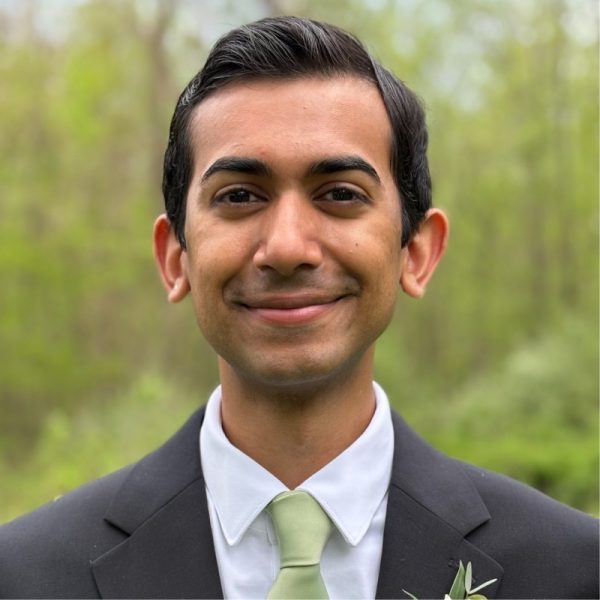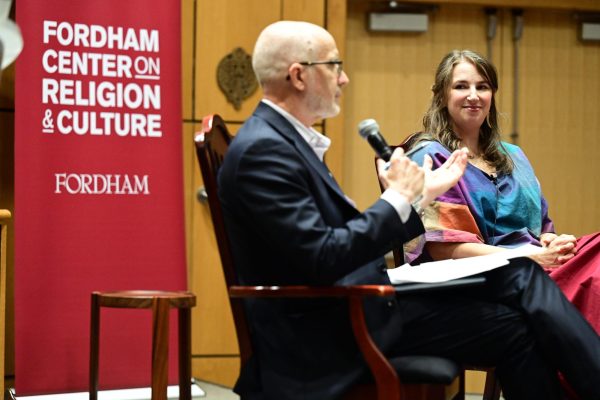Students Protest Subway Fares at FTP3
Courtesy of Katherine Kuemerle
The protestors evaded the fare, which they consider a political act, on their way to Brooklyn. (Courtesy of Katherine Kuemerle.)
Sage O’Dell, FCRH ’21, and Evan Leahy, FCRH ’21, said they were nervous the day before taking to the streets for the FTP movement’s third action (FTP3). They knew they risked arrest due to the likelihood of heightened police presence.
“We were gonna go regardless,” said O’Dell, who had attended both previous FTP actions, along with Leahy.
O’Dell and Leahy said 15 Fordham students attended FTP3 with them. Two were arrested and released later that night.
The action, organized primarily by Decolonize This Place (DTP), that describes itself on Twitter as an “action-oriented movement on Indigenous struggle, Black liberation, Free Palestine, workers, de-gentrification and dismantling patriarchy,” began as 1,500 people gathered for an unsanctioned protest in Grand Central Station.
FTP stands for several things, according to the Operations Manual DTP distributed prior to the action, including Feed the People, F— the Pipelines, Fight the Power, Free the Prisoners, but central to its meaning is F— the Police.
Protestors came with four demands, according to DTP: free transit for all, intervening on illegal venders and performers, full accessibility to the subway for people of all abilities and removal of all cops from the MTA.
Shellyne Rodriguez, an organizer with Take Back the Bronx said 47 people were arrested over the course of FTP3, on WBAI’s “It’s a Good Day” morning radio show.
Where the protestors gathered, Leahy and O’Dell said it felt like there were thousands of cops lining every balcony, every staircase, blocking every entrance. Many were armed and some carried assault rifles.
Leahy and O’Dell said in Grand Central, the organizers used call and response to read a statement acknowledging the land they were standing on was stolen from the Lenape People.
The series of FTP protests came after the city’s decision to spend $250 million on adding 500 more cops to the MTA, which according to the Wall Street Journal, is in an effort to crack down on fare evasion.
The MTA is massively indebted, with 17% of its budget going to paying back its debts, according to it’s website.
The debt is owned by municipal bonds, according to Bloomberg, which DTP said are controlled by investors based on Wall Street.
“In the public mind, the subway system is failing, but it’s working very well for investors, who escape the blame and make out like bandits because they profit from distress,” DTP’s operations manual reads.
Soon after gathering in Grand Central, the organizers announced the action would move to the subways, with a meeting place in Brooklyn.
Leahy said he was happy to participate, following the lead of the organizers, many of whom were people of color and members of marginalized communities.
For Leahy, O’Dell and their friends who accompanied them from Rose Hill, support meant a willingness to take direct action in support of DTP’s demands by evading the fare.
The students entered a Times Square station where they saw five cops against the wall and ten in the center of the station. All of them evaded the fare and then headed straight for the trains.
“A lot of people have to do it to live, they have to decide between paying the fare and eating that night,” he said. “That’s kind of foreign for a lot of us, but it’s true.”
Beginning in Grand Central and continuing in Brooklyn, where the activists marched along streets, the police arrested people, some who were not part of the protest, Leahy said.
Echoing previous comments by President Donald Trump, the Sergeants Benevolent Association, the sergeants union, said in a tweet that the anti-fascist protestors should be considered domestic terrorists.
The Patrolman’s Benevolent Association, another police union, tweeted a video produced by DTP implying the action was evidence of lawlessness returning to the city.
“Our members have spent their careers — and in some cases given their lives — to bring public safety back to NYC,” the tweet said. “We can’t go backwards.”
O’Dell said the police were aggressive at the successive FTP actions. He said officers at FTP3 had their batons drawn the whole time, looking for a fight.
FTP2 cops swarmed in to break up protestors who were blocking a bridge crossing the Bronx River, O’Dell said.
“That is when I saw police brutality for the first time,” he said. “Police picking people up and like slamming them on this pavement and like putting their feet on people’s heads and really just beating people.”
He said he felt powerless. He said he was standing on the side watching, where all he could do was yell ‘shame’ along with the other protestors. He said he recognized how violence against dissent is inherently part of policing.
“They’re just doing their jobs,” he said. “Shame is not programmed into their vocabulary when they’re doing those sorts of things to people.”
At FTP3, O’Dell said he saw the police as instigators of violence rather than protestors, who he said refrained from destructive activity directed at people or property that did not belong to the city.
“People wrote like F— NYPD down the side of cop cars and stuff like that and they may not like that,” he said.
Many of the protestors graffitied the walls of subways. At Nostrand Avenue, a stop on the blue line where many of the activists disembarked to join the marches in Brooklyn, someone wrote ‘Peoples Hero Ramsey Orta,’ according to the Support Ramsey Orta Facebook Page.
As The Ram reported last year, Ramsey Orta, who filmed the death of his friend Eric Garner at the hands of then NYPD officer Daniel Pantaleo, has spent the last three years in prison and is considered a political prisoner of the NYPD by his supporters.
After the marches died down in Brooklyn, Leahy and O’Dell said a crowd gathered outside One Police Plaza in Lower Manhattan to wait for those who had been arrested to be released.
O’Dell said they waited about seven hours, until 3:30 am, until both of the Fordham students who were arrested had been released. He said this was his favorite part of FTP3, as the activists shared food and their thoughts about the action.
“We’re here in solidarity with each other for our comrades who have been jailed,” he said. “I just found it very beautiful.”
As a white, male Fordham student, O’Dell said he feels the responsibility to use his privilege to support the efforts of marginalized communities, but thinks the Fordham community can do more.
“The same privilege that we feel the need to weaponize is the reason Fordham’s community fails often at becoming involved in activism and organizing itself,” he said.
O’Dell and Leahy said they were encouraged by the number of Fordham students who participated. They hope to found one by next semester to create an outlet for students who share their beliefs.
The NYPD did not respond to several requests for comment.





































































































































































































